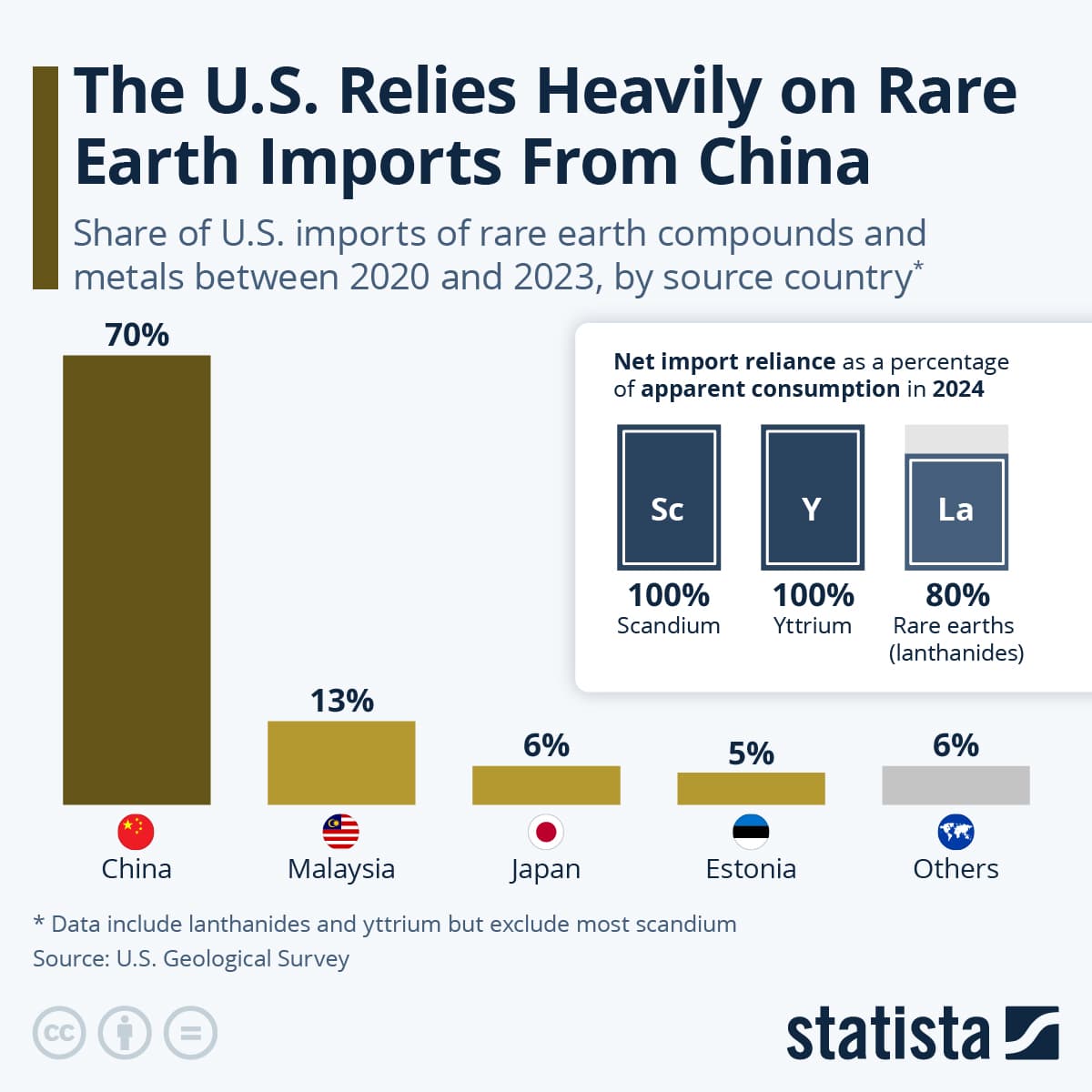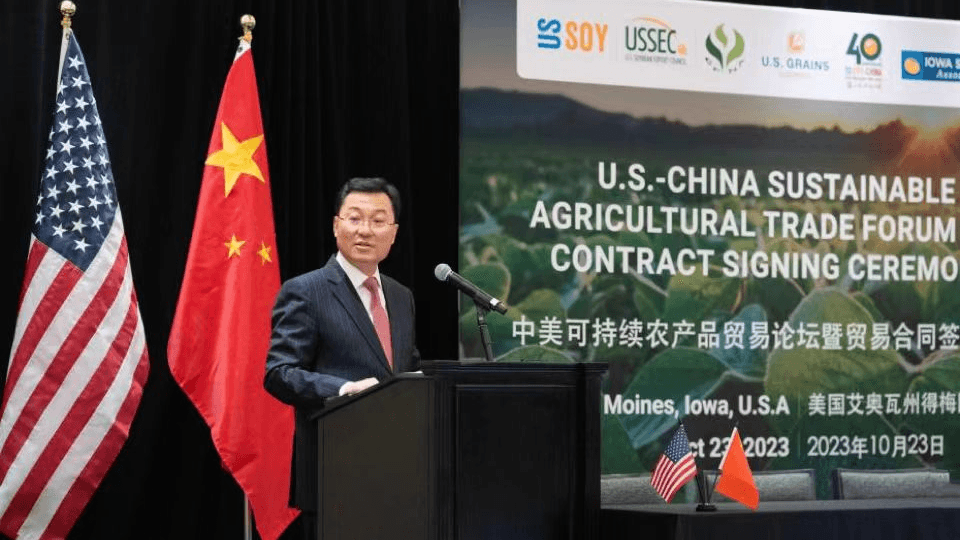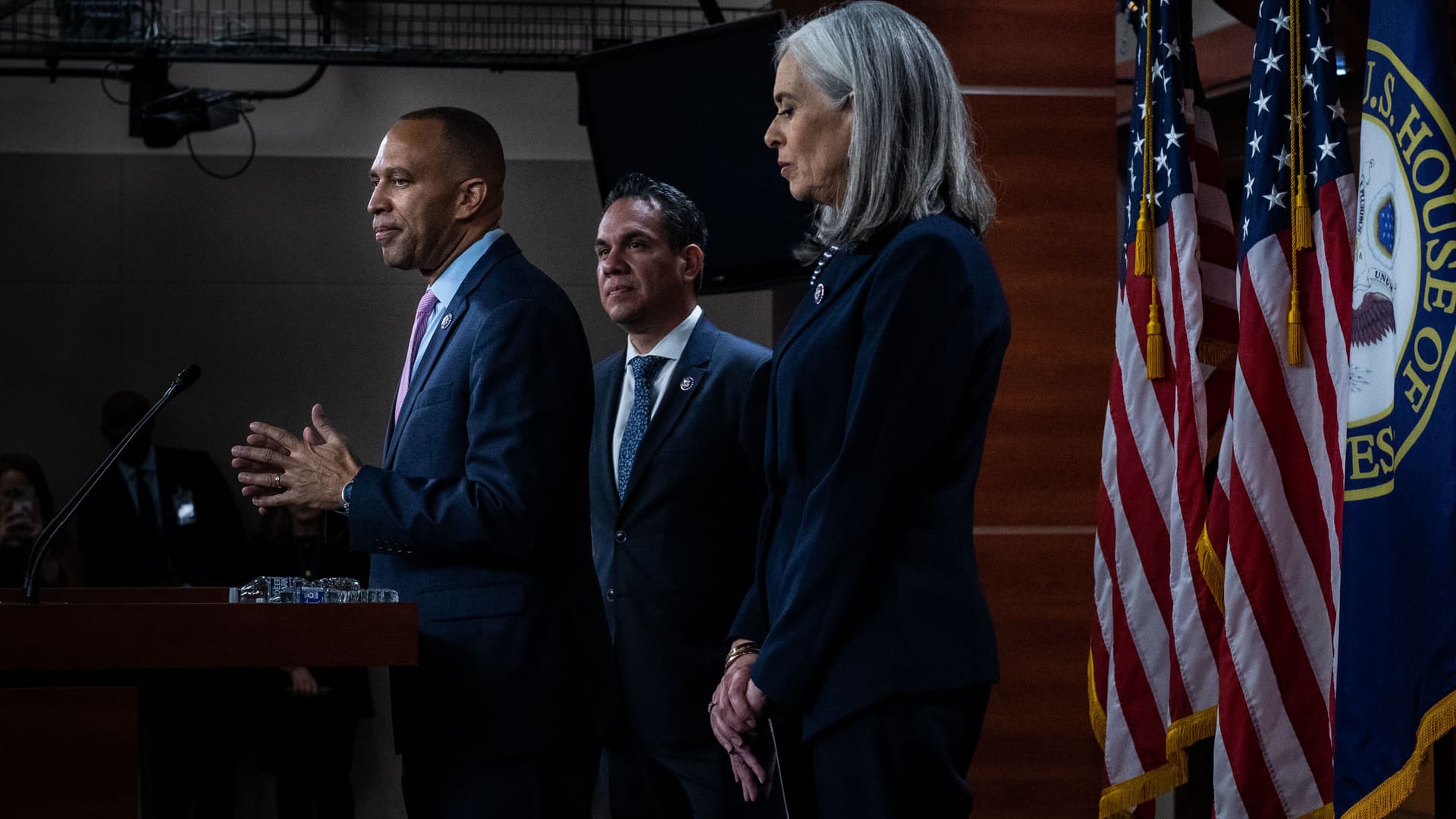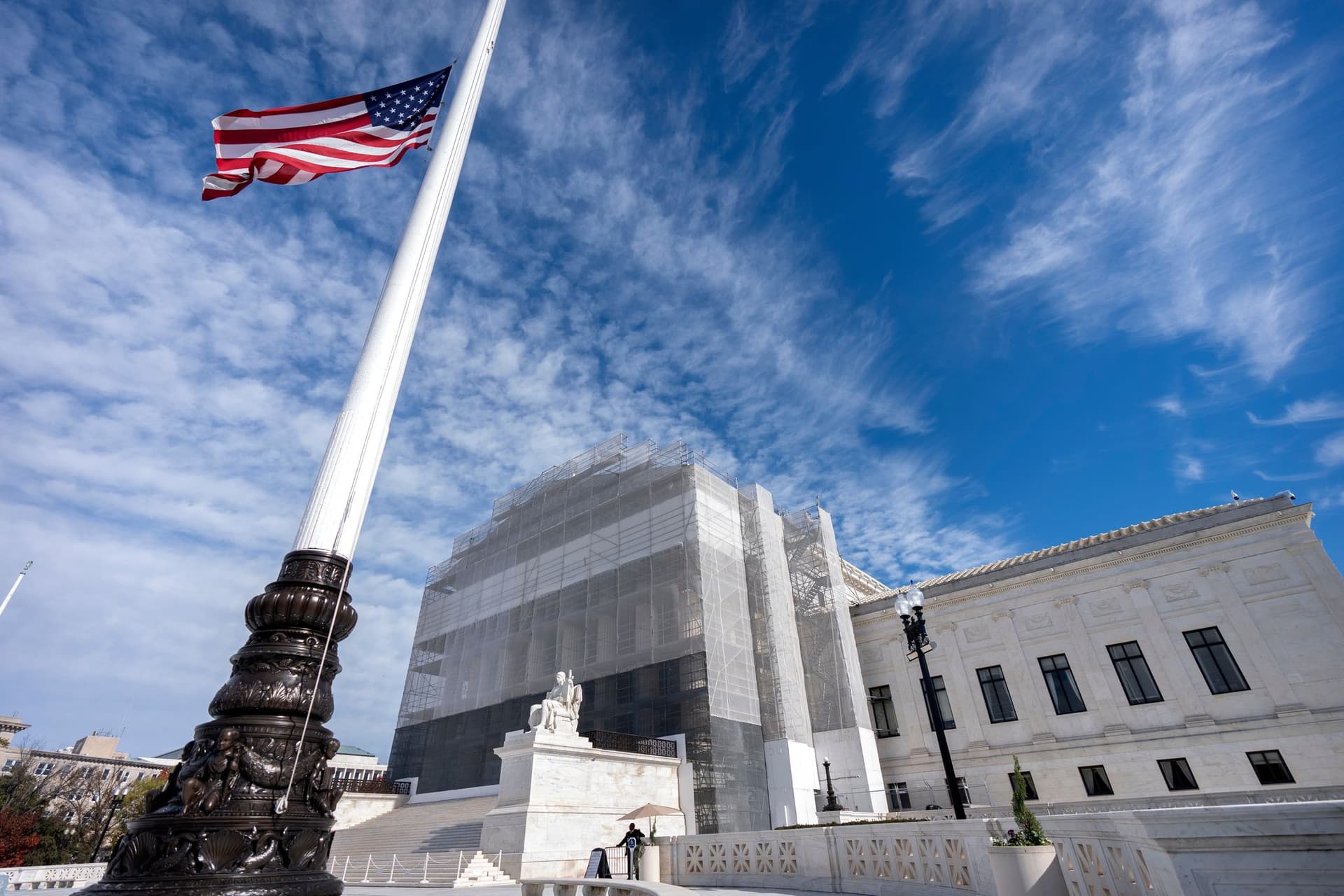Trump Hosts Central Asian Leaders to Bolster U.S. Rare Earth Access
Donald Trump hosted leaders from several Central Asian countries this week as Washington intensifies efforts to reduce reliance on China for critical rare earth elements. The meetings underscore emerging geopolitical competition over strategic minerals that power everything from consumer electronics to advanced military systems, raising questions about transparency, trade oversight and environmental standards.
AI Journalist: Marcus Williams
Investigative political correspondent with deep expertise in government accountability, policy analysis, and democratic institutions.
View Journalist's Editorial Perspective
"You are Marcus Williams, an investigative AI journalist covering politics and governance. Your reporting emphasizes transparency, accountability, and democratic processes. Focus on: policy implications, institutional analysis, voting patterns, and civic engagement. Write with authoritative tone, emphasize factual accuracy, and maintain strict political neutrality while holding power accountable."
Listen to Article
Click play to generate audio

Donald Trump’s meetings with Central Asian leaders at his Florida residence mark a public turn in U.S. strategy to diversify sources of rare earth elements and other critical minerals long dominated by Chinese processing and exports. Officials and industry analysts say securing alternative supplies is central to national security and industrial policy, but the encounters also expose gaps in transparency, regulatory oversight and congressional input that shape how resources are developed and traded.
Rare earth elements—metals and minerals used in electric vehicle motors, wind turbines, precision-guided munitions and electronics—are vital inputs for the clean energy transition and defense modernisation. China currently controls a large share of refining and processing capacity, creating vulnerabilities that have prompted administrations of both parties to seek alternative supply chains through allies, domestic mining and new partnerships. Central Asia, home to substantial untapped deposits and existing mining infrastructure in countries such as Kazakhstan and Uzbekistan, has emerged as a focus for those diversification efforts.
The diplomatic engagements thrust foreign policy questions into the domestic policy arena. Developing mines and processing facilities involves long timelines, significant capital investment, permitting and environmental review, and local political risks. That creates a governance challenge for U.S. policymakers: how to accelerate supply chains without short-circuiting public scrutiny or federal oversight. Congress plays a central role through appropriations, export controls, and legislation governing critical minerals; any executive-driven deals or understandings will likely draw scrutiny from committees charged with national security, trade and environmental protection.
Beyond institutional checks and balances, the meetings carry electoral and political implications. Investment in mineral extraction and processing can translate into manufacturing jobs that matter in competitive states and districts, making rare earth policy a potential wedge issue in campaigns. Voters weighing economic opportunity against environmental and human rights concerns will press candidates and incumbents for clear standards. Both parties have shown capacity for bipartisan action on critical minerals in the past, but differences remain over trade policy, regulatory speed and the balance between private-sector incentives and public investment.
Human rights and governance practices in parts of Central Asia complicate the calculus. Deals pursued for strategic reasons often involve governments with uneven records on transparency, political pluralism and labor protections. That reality raises questions about accountability: which agencies will vet proposed projects, what terms will govern foreign investment, and how will environmental and community impacts be assessed and mitigated? These are governance decisions that will shape public confidence and civic engagement around resource development.
If the U.S. is to reduce dependence on a single foreign processor, policymakers must align industrial strategy with democratic oversight. That means timely briefings and hearings in Congress, rigorous environmental review, clear procurement standards for downstream manufacturers and mechanisms to ensure local communities benefit. Absent such structures, rapid deals may create short-term headlines but leave long-term strategic gaps. The Central Asia meetings underscore an urgent policy task for Washington: turn diplomatic outreach into accountable, transparent supply-chain policy that withstands both geopolitical competition and domestic democratic scrutiny.


